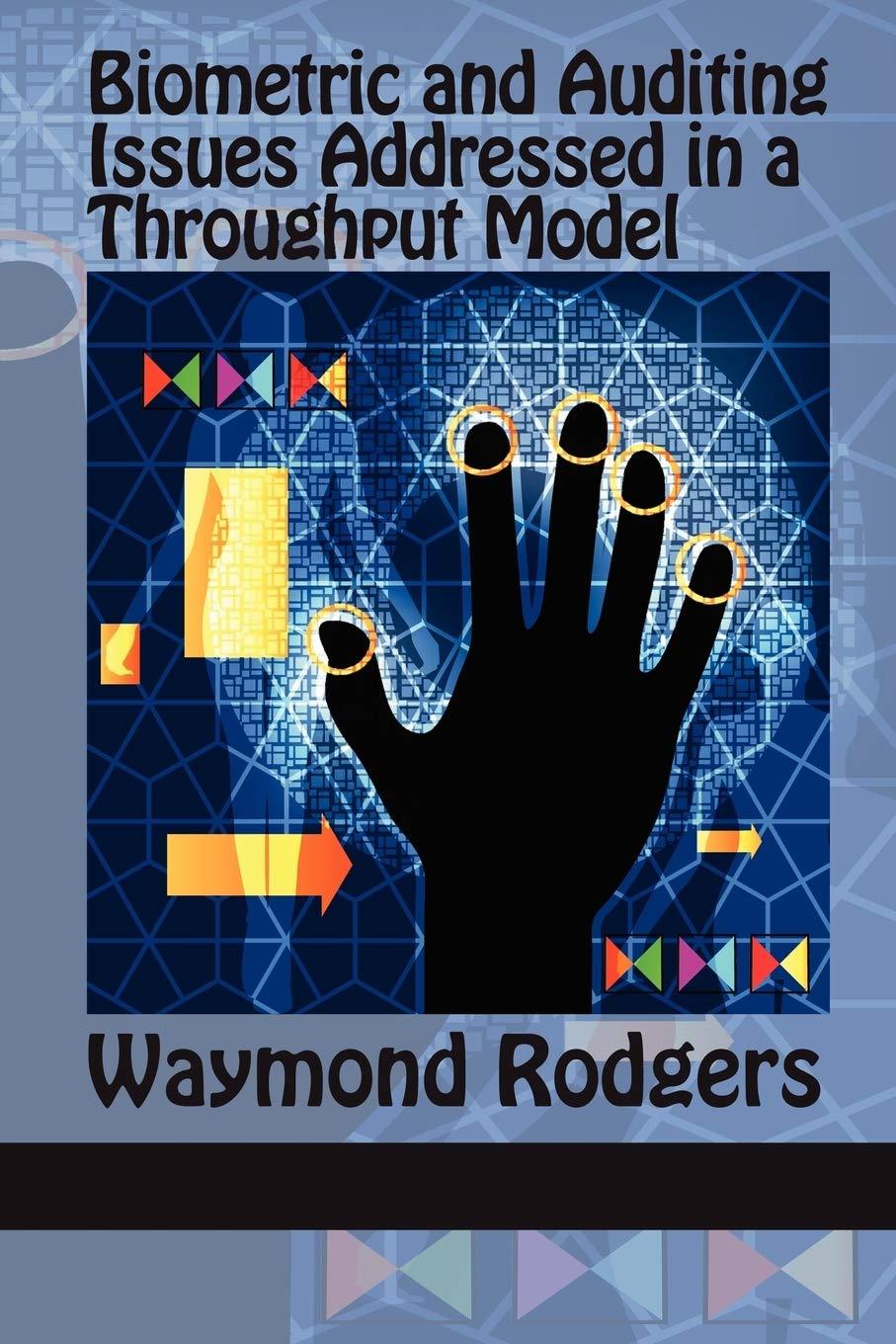Question
1. Individual taxpayers deduct expenses related to a rental activity from gross income to arrive at AGI. a. True b. False 2. If a security
1. Individual taxpayers deduct expenses related to a rental activity from gross income to arrive at AGI.
a. True b. False
2. If a security deposit is to be used as a final payment of rent, the taxpayer includes it in income in the year of receipt.
a. True b. False
3. An improvement such as a new roof on a rental house is deductible as a rental expense in the year purchased if it relates to rental property.
a. True b. False
4. A dwelling unit is considered as used for personal purposes on any day that it is rented to someone at less than a fair rental price.
a. True b. False
5. If a dwelling unit is rented for more than 14 days, the deductible rental expenses are limited to the amount of gross rental income.
a. True b. False
6. Taxpayers report taxable rental income and all deductible rental expenses on Schedule C (Form 1040), Profit or Loss From Business.
a. True b. False
7. After the passive activity rules have been applied, the at-risk rules must then be considered.
a. True b. False
8. The rules for meeting the material participation test for real estate activities are more strict than the rules for meeting the material participation test for other (non-real estate) types of activities.
a. True b. False
9. The netting of passive losses against passive income is done on Schedule E (Form 1040), Supplemental Income Schedule. a. True b. False 10. If the taxpayer participates in a rental real estate activity for 800 hours during the year, the taxpayer will be considered to be a material participant in the activity.
a. True b. False
Step by Step Solution
There are 3 Steps involved in it
Step: 1

Get Instant Access to Expert-Tailored Solutions
See step-by-step solutions with expert insights and AI powered tools for academic success
Step: 2

Step: 3

Ace Your Homework with AI
Get the answers you need in no time with our AI-driven, step-by-step assistance
Get Started


